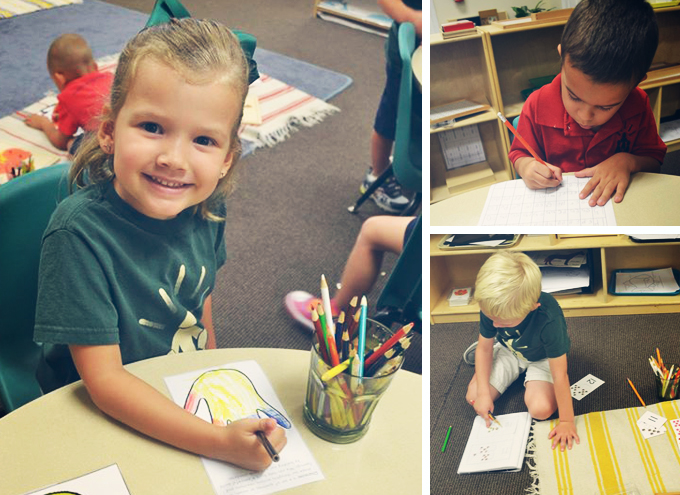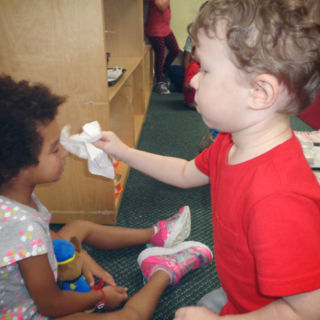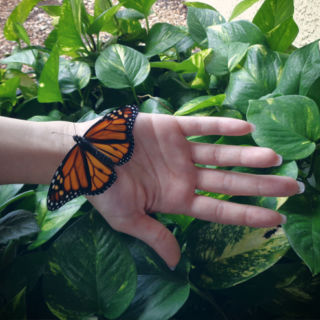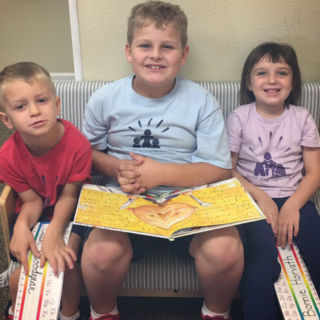
Dr. Maria Montessori developed her philosophy based on careful observations of the child. Much of her theory centered around the child’s “sensitive period” of development. During this particular period, the child is endowed with a special sensibility which urges him to focus his attention on certain aspects of his environment to the exclusion of others. This attention is not the result of mere curiosity; it is more like a burning desire to learn.
The main characteristic or “sensitive period” of the Elementary group is their ability to reason. Their learning activities are directed by an urge to understand why and how things come about. The older children’s work has also shifted from individual accomplishment, toward achievement of the community. This is because at this level, children desire to interact more with other children of their peer group and explore more of their social skills.
They have become more aware of their environment and how their own actions impact it. They want to belong to a group; their feelings of rejection and acceptance are more pronounced.
The Montessori classroom must be equipped with the necessary materials and resources to help each child’s development during their individual sensitive periods. Therefore, the Elementary classroom is geared towards equipping the child with the reading skills necessary to explore the world; to expose him to a complete view of the world, through meaningful work, to be able to internalize knowledge, thus enabling him to become a whole person.



